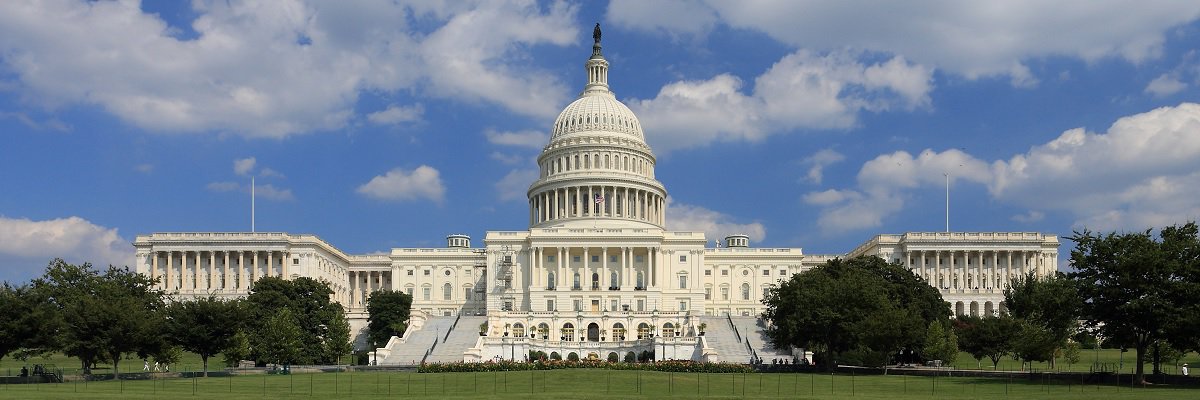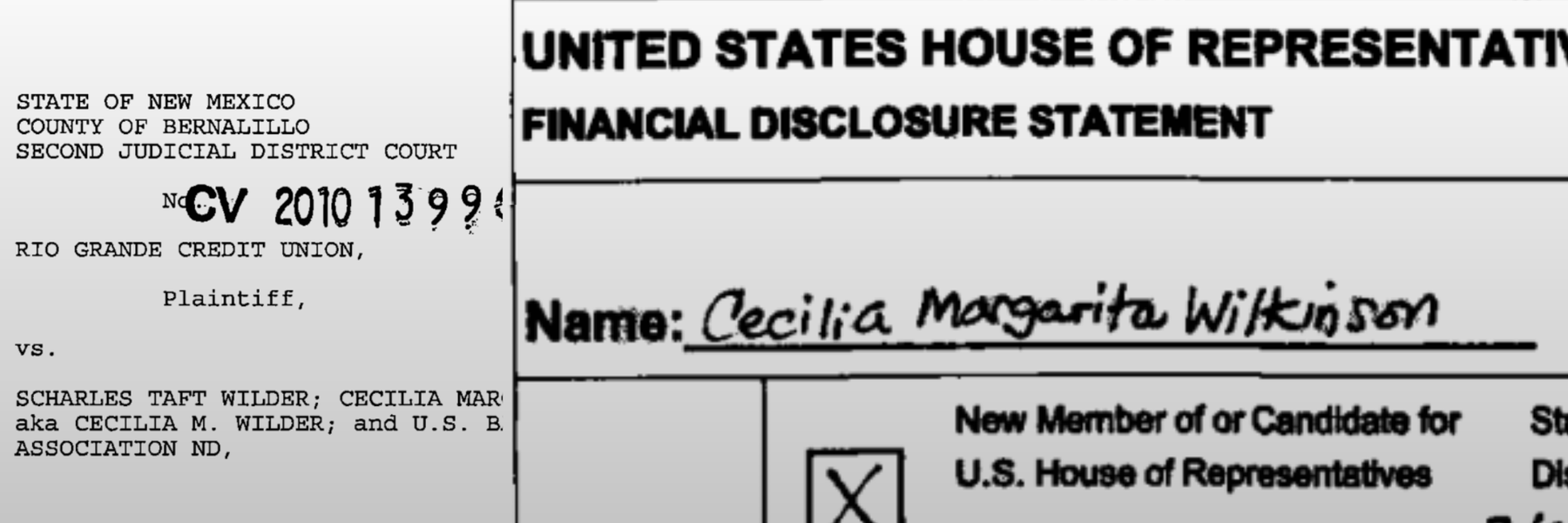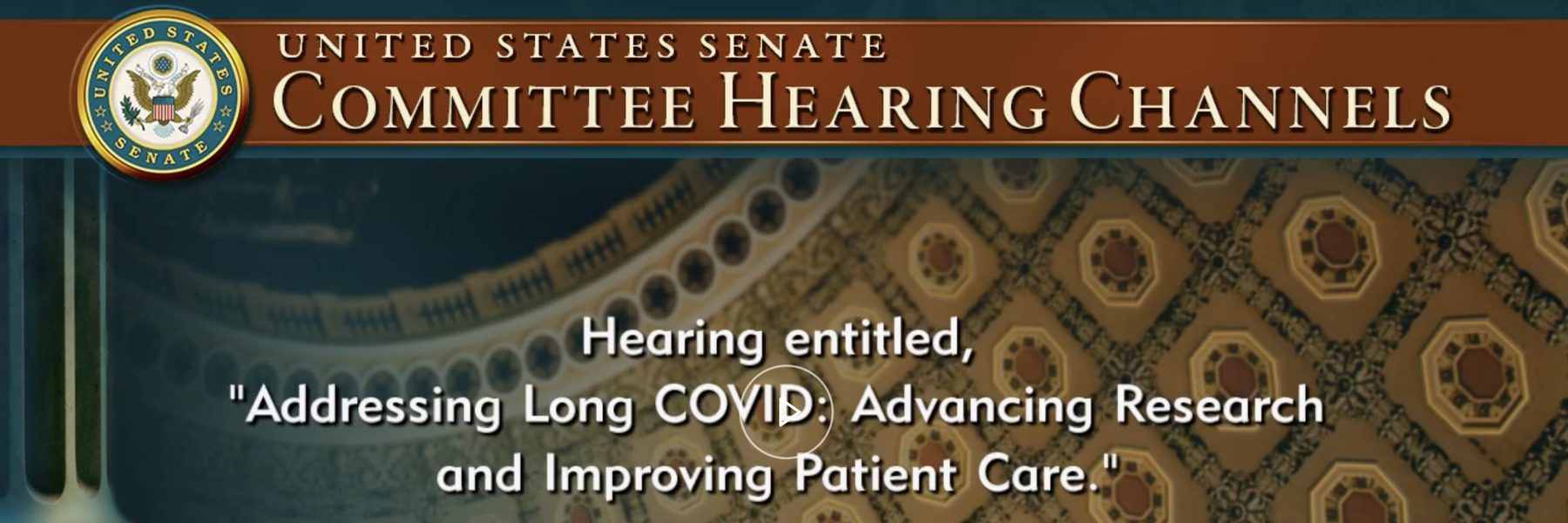A bipartisan team of senior U.S. Senators has introduced legislation to clarify important sections of the Freedom of Information Act and codify a presumption of disclosure for commercial records.
According to the lawmakers, the executive and judicial branches have both undermined the intent of FOIA, which was originally passed in 1966 to provide the public access to the records and business of its democratic government.
The “Open and Responsive Government Act of 2019” would address limits to FOIA being imposed by regulatory agencies, in addition to those recently created by the Supreme Court’s decision in Food Marketing Institute v. Argus Leader Media. That decision allowed for a broad interpretation of confidentiality under the FOIA’s b(4) trade secret exemption, and transparency advocates are confident the ruling, if allowed to stand, would severely limit access to government dealings with private companies.
“Last month’s Supreme Court overturned more than 40 years of FOIA precedent, and will force government agencies to withhold large swaths of information about private contractors and other companies who do business with government,” said Emily Manna, policy analyst at Open The Government. This bill would return us to the status quo, and restore the public’s right to access this critical information.”
The proposed amendments would expand the language of the “trade secrets” exemption to explicitly require a standard of substantial harm for the nondisclosure of commercial information. That standard seemed to have been set by the case National Parks & Conservation Ass’n v. Morton, but the Supreme Court’s recent ruling did not acknowledge it.
Current language
(4) trade secrets and commercial or financial information obtained from a person and privileged or confidential;
As amended
(4) trade secrets and commercial or financial information obtained from a person and privileged or confidential, provided that the term ‘confidential’ means information that, if disclosed, would likely cause substantial harm to the competitive position of the person from whom the information was obtained;
The introduced law would also address the redaction of portions of records that agency deem irrelevant to the request, making it clear that such withholding is not justifiable.
Current language
(d) This section does not authorize withholding of information or limit the availability of records to the public, except as specifically stated in this section. This section is not authority to withhold information from Congress.
As amended
(d) This section—
(1) does not authorize the withholding of information or limit the availability of records to the public, except as specifically stated in this section;
(2) does not authorize the withholding of a portion of an otherwise responsive record on the basis that the portion is non-responsive; and
(3) is not authority to withhold information from Congress. “The Freedom of Information Act is a cornerstone of our country’s belief in open and transparent government,” Senator Cornyn (R-TX), one of the bill’s co-sponsors, said in a statement. “As court rulings are released and case law changes, updates like this must be made to FOIA to improve compliance and ensure Americans can continue to hold those who represent them accountable.”
In addition to Cornyn, who until this year served as Majority Whip in the Republican-led Senate, the bill’s co-sponsors include Senators Dianne Feinstein (D-California), Chuck Grassley (R-Iowa), and Patrick Leahy (D-Vermont). All four are on the Senate Subcommittee on Border Security and Immigration, a group that also counts as members presidential hopefuls Cory Booker (D-New Jersey) and Amy Klobuchar (D-Minnesota).
Researchers and academics are particularly concerned about wider application of b(4) as the federal government continues to rely on privatization, contracted services, and technology companies to handle everything from detention centers to social services to surveillance capabilities and military systems.
“[The Supreme Court’s reading], in the context of government use of automated decision systems, can mean that much of the information that would be necessary to assess the accuracy, fairness, and bias of a tool that a government is using, whether it’s risk assessments or school assignment algorithms, that the vendor could make a claim that that information is confidential under this exception,” said Rashida Richardson, Director of Policy Research at New York University’s AI Now Institute. “There are already been a lot of issues in procurement about how terms and language, which has given vendors a lot of leeway in claiming trade secrecy for records that presumably should be made public.”
“The whole decision is aligned for business interests or is an industry win, but this type of legislation is more for the people, for researchers, for people interested in what can be a fairly perplexing relationship between public and private institutions,’” Richardson said. “I’m glad there is bipartisan interest in the need for the transparency.”
The full bill is embedded below.
Image by Martin Falbisoner via Wikimedia Commons and is licensed under CC BY-SA 3.0




